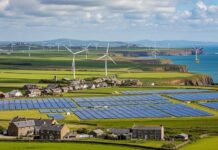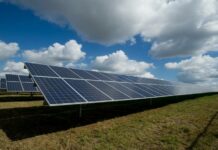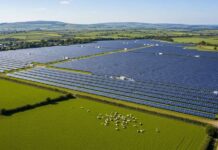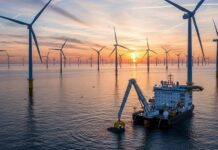Spain happens to be among a handful of countries that are leading the world when it comes to pushing for renewable energy and its sources. Apparently, in the week ending May 20, it breached a new milestone.
The energy generated from wind, water, and sun went on to meet the requirements of mainland Spain throughout the day, i.e., from 10 a.m. to 7 p.m. on May 16.
It is well to be noted that renewable energy has gone on to grow in the past few years. Notably, it now comprises around one-third of electricity generation across the world. And the share is consistently growing. This shift towards green energy not only enables addressing the issue of climate change by lessening emissions, but it also happens to be profitable and slashes costs to a significant extent.
As per El Pais, in Spain, the addition of solar panels happens to have a dual effect: it adds energy to the grid system while at the same time reducing demand for other energy sources when the sun is out and shining.
Although not all oil and gas companies happen to be making a shift to more renewable sources, some have already begun to witness surging profits because of this move. There happens to be a report that states that over the past two decades, one of the Danish companies has slowly but surely been making the transition from black to green energy and has so far minted billions in profits. The company, which had a net profit of $2 billion in 2022, happens to be producing 90% of its energy from renewable sources. It is well to be noted that in the US, the green energy push continues to grow.
Significantly, President Joe Biden’s office gave the nod for a multi-billion-dollar transmission line that will go on to send wind energy from New Mexico across to the cities of the west coast.
While advances in green energy like those witnessed in Spain do not discard the need for oil and gas, they are one of the options to reduce it and also help in easing out carbon emissions. According to a professor of economics at a university in Madrid, what happens to be relevant is that all this is not something that happens to be cyclical but is structural due to both the fall in demand and the increase in photovoltaic generation.

































